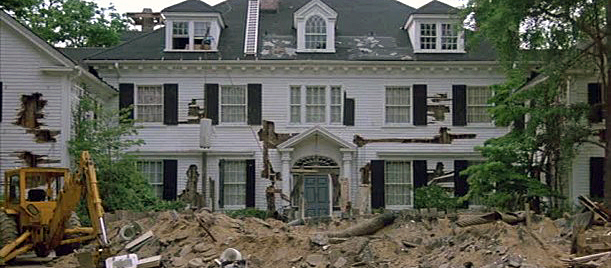The best thing about being a homeowner is the opportunity to create spaces that reflect your style. You may want to paint the walls or pick out the perfect furniture. Maybe just adding the right art or accent pieces will take care of what is needed on a blank white wall. Perhaps you decide to remodel certain parts of the home by redoing the kitchen, updating the bathroom, or adding windows to help bring in more light. Whatever the project, it always feels great to step back and admire the work once completed. One thing that you may not have thought about while designing, fixing, or remodeling your home is the legality of the changes that you want to make.
Did you know that most municipalities require a standard building code? These codes are in place to guarantee that any building or structure is safe and that it will provide many years of comfort to the homeowner. Without the building code, your home might look great on the outside but have many problems behind the walls.
You will need permission to build, add to, take down, or move any building. This requires a detailed plan outlining the work to be completed. In return, and usually after much review and some fees, you receive a permit stating that it is okay for you to begin your project. The permit must remain on the project at all times to confirm that you paid and received permission to start your project. Unfortunately, if you are caught without a permit the inspector will shut the project down until the fees and now the added fines are paid.
Let me share some of the things that might require a permit in your community. Did you know that changing a water heater might require a plumbing permit or that removing a large tree on your property might also require a permit? Any electrical, plumbing, insulation or structural wood that is added, replaced, or redesigned behind your walls could also require a permit.
Cosmetic decorating, like adding wall paper, painting, replacing a faucet, adding new tile or new carpet are the type of things that would not normally require a permit. It is important to check with you local permit codes by going to the city or county building department website.
Why should you get a permit? It would seem easy to just do the work with the doors closed and make the changes yourself without paying for the permit. It can be time consuming to wait around for all the paperwork to be approved just so you can change your water heater or simply cut down that messy tree.
This type of thinking though could actually hurt you and others physically and financially in the long run. Just recently, a new home homeowner cut down a group of trees not realizing the need for a permit. The permit for this process may have been for aesthetic conservational reasons, but also for the safety of the neighbors. This resulted in large fines and associated fees that could have been avoided. There are many horror stories of unscrupulous building practices done without permits that have had severe consequences. Fires, structures falling, roof leaks, electrical shock, and unstable foundations are just a few of the more common problems that have occurred because of sloppy workmanship. All of these issues can be prevented by attaining proper permits.
The permit process is in place to protect homeowners. It is important to have a contractor build your home or remodel your bathroom with the guidelines stated in the building code. In addition, this guaranties that a city building inspector will confirm that things are built to code. The inspector will then sign your permit stating that everything met or exceeded the codes.
Permits are important because they protect the current homeowner and any potential new homeowners, should you decide to sell your home. In the case of the person who cut down the trees, the neighbors can benefit as well.

